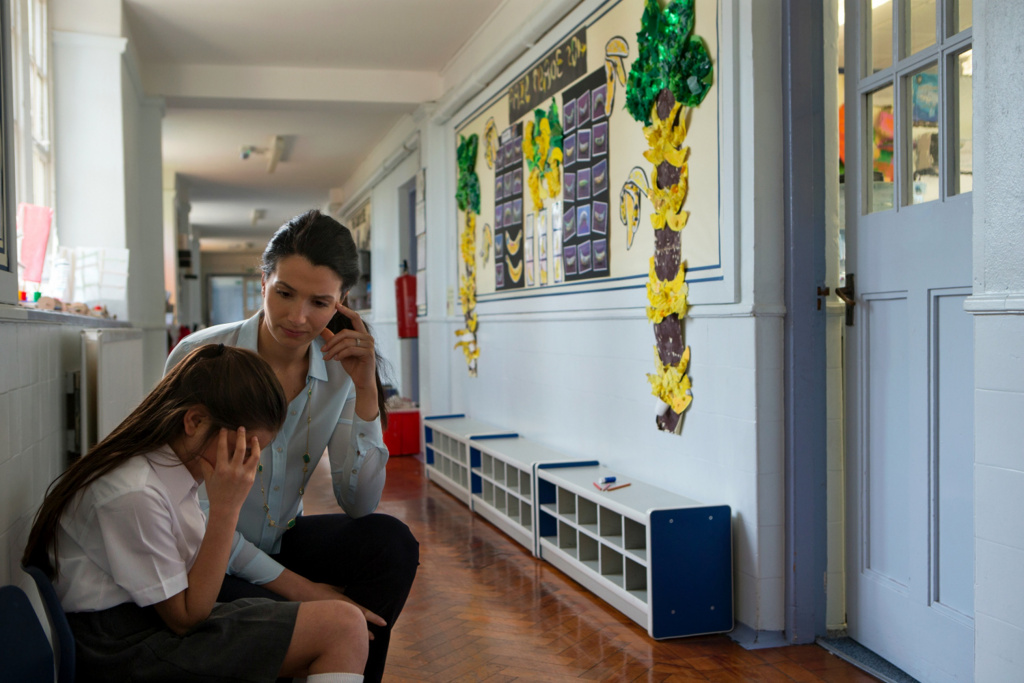
In multiple studies, when young people are asked questions such as “What would make life better?” they repeatedly say it would be having someone they can trust to talk to.
Having easy access to a professional, qualified counselling service within their school can dramatically improve the wellbeing of a child or young person who has emotional, behavioural or social difficulties. Counselling within the school environment can successfully alleviate or prevent problems from becoming more complex, costly and requiring referral to other specialist services.
The importance of school-based counselling has recently been recognised at a political level. In March this year, the DfE said:
‘Over time we would expect to see all schools providing access to counselling services.’1
This statement comes hot on the heels of the Future in Mind report, published by the Department of Health and NHS England, which identifies that in an average class of 30 children, 10% will have a diagnosable mental health disorder. The report goes on to stress the importance of schools in improving the mental health of pupils, adding that the DfE is:
‘Developing an evidence-based schools counselling strategy to encourage more and better use of counsellors in schools.’2